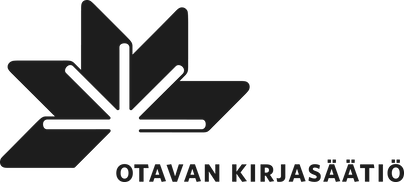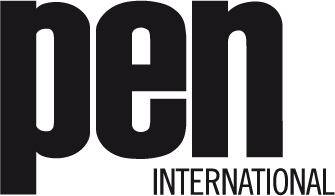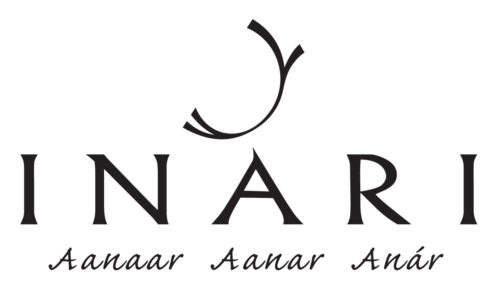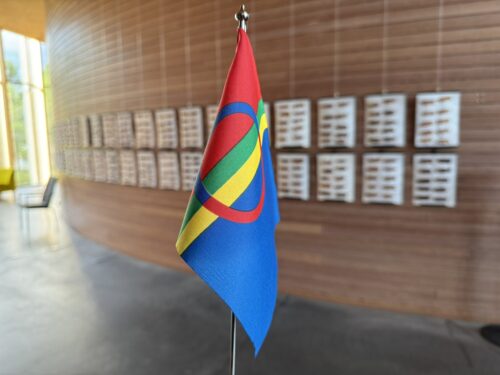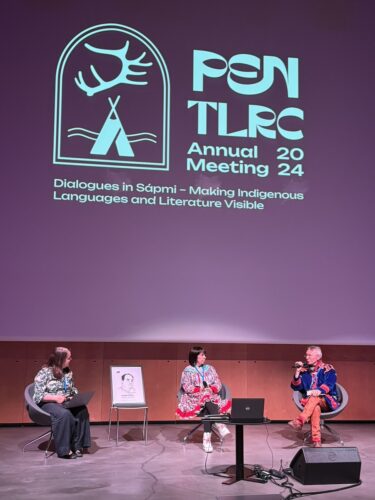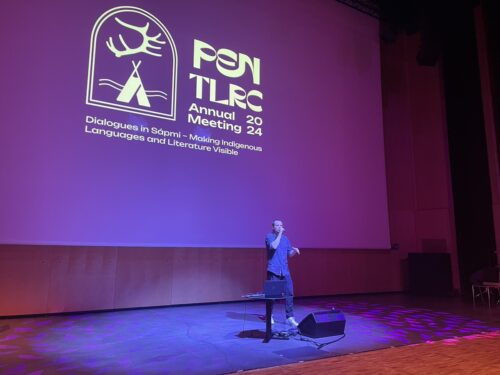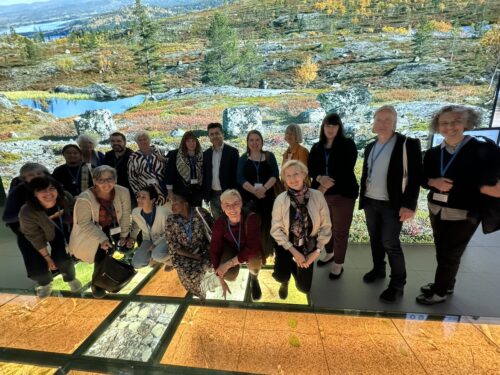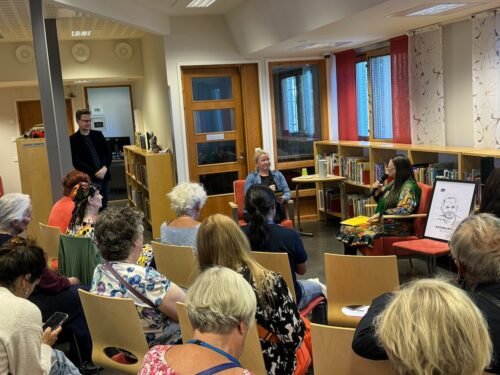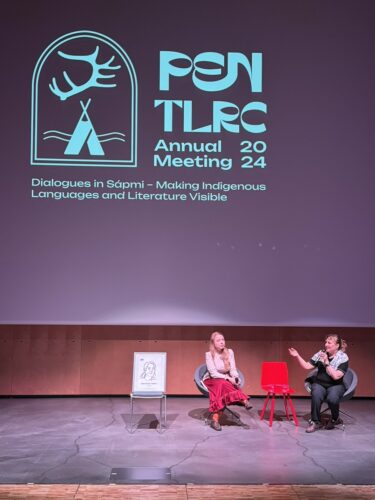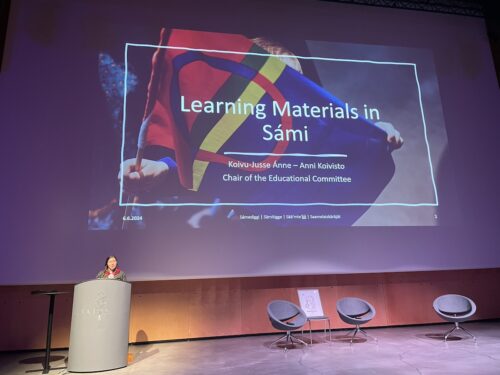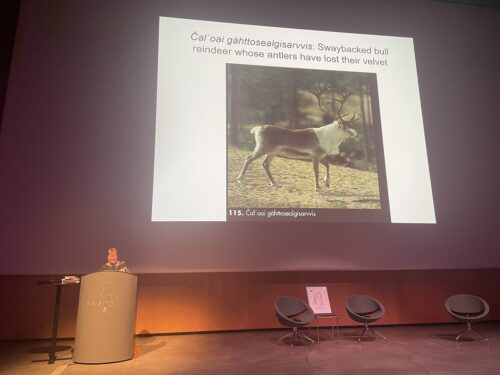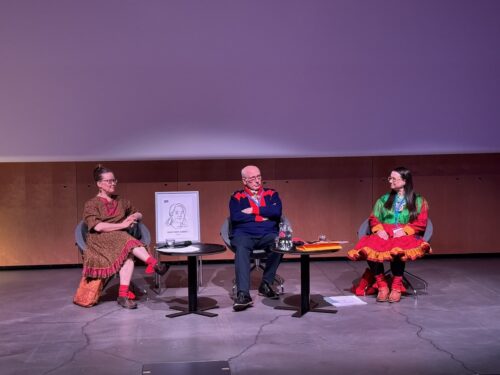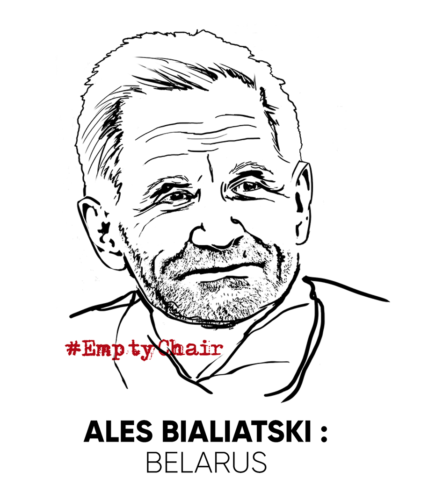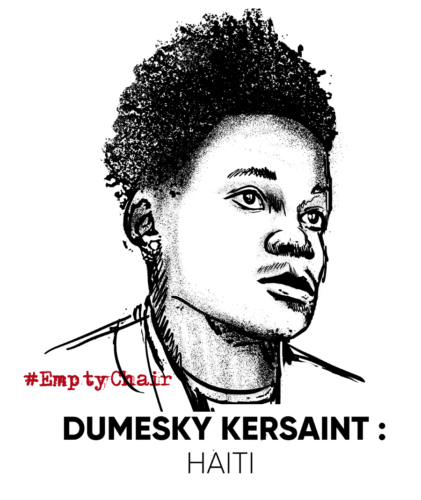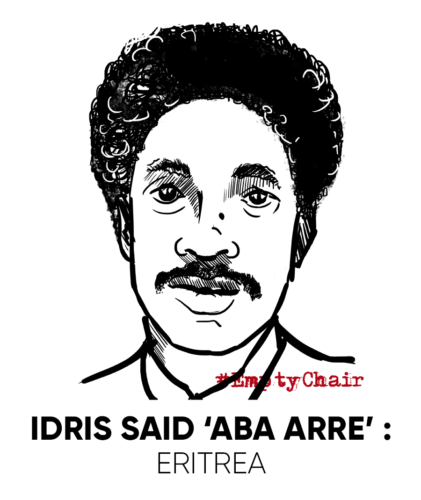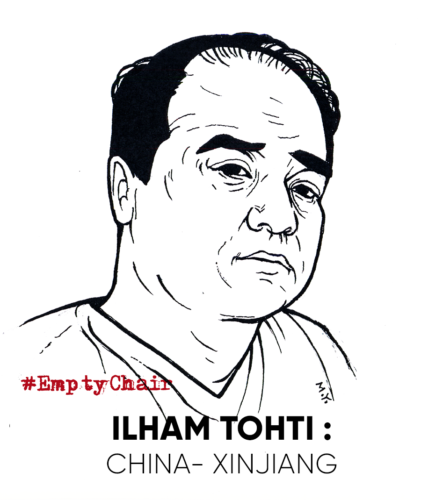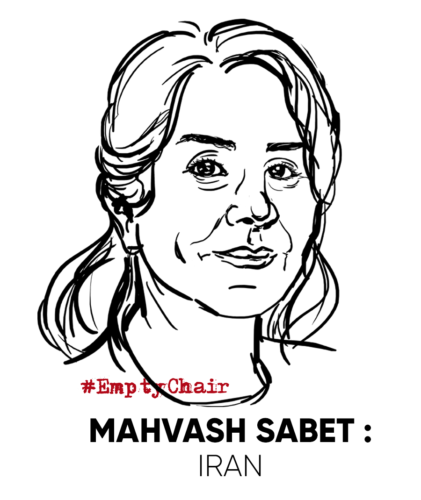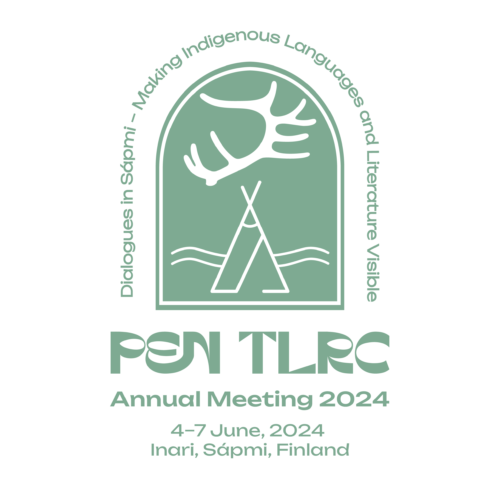
Finnish PEN organized International Translation and Linguistic Rights Committee Meeting in Inari. The theme was Dialogues in Sápmi – Making Indigenous Languages and Literature Visible.
The meeting was the first face-to-face meeting of the Translation and Linguistic Rights Committee after the pandemic. The previous one was organized in Mexico in May 2019.
During the four days of the meeting, the participants focused on the situation of the Sámi people in the Nordic countries, Sámi languages and culture, Sámi literature and, more broadly, the issues of indigenous peoples, minority languages and freedom of expression.
More than 50 people participated the Inari meeting, either in person or online. In addition to representatives of several PEN Centres, there were Sámi writers, translators, publishers, literary researchers and other Sámi activists from Finland, Sweden and Norway. The furthest representatives of PEN Centres arrived from Malawi and Guatemala.
Finnish PEN was represented at the meeting by president Peter Mickwitz, vice-president Iida Simes, board members Minna Castrén, Olli Heikkonen, Laura Lindstedt, and chair of the translation and linguistic rights committee and secretary of Finnish PEN Leena Manninen.
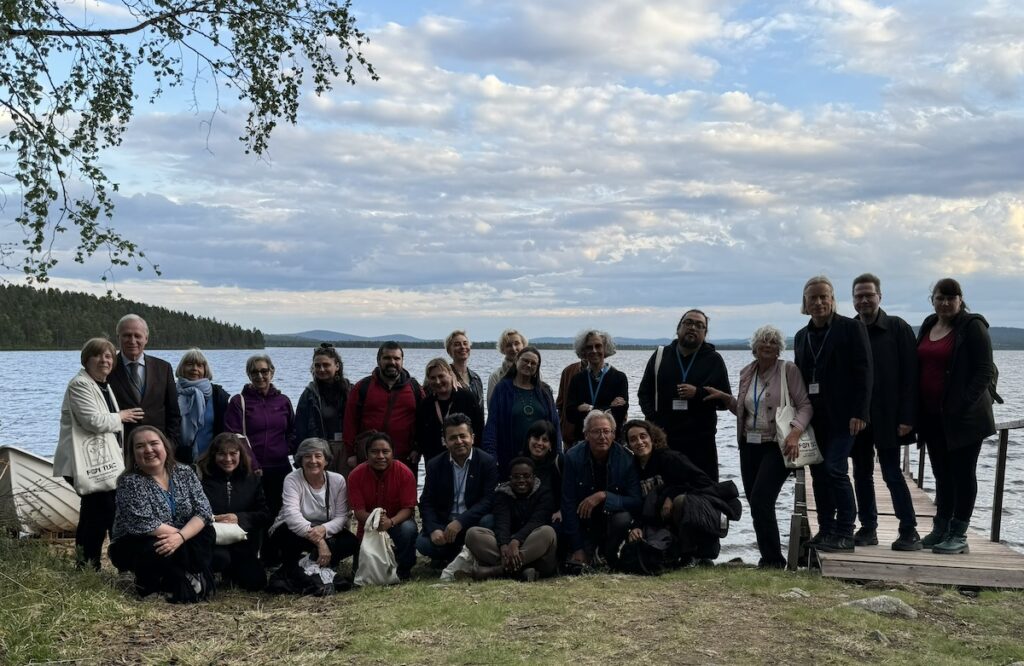
Participants of the PEN International Translation and Linguistic Rights Committee meeting
The international participants appreciated the opportunity to engage with Sámi Indigenous writers, editors, translators, and other cultural activists, and to learn about their projects, challenges, and needs. The meeting arrangements also garnered a lot of praise.
In addition to panel discussions, presentations and official decisions, the meeting introduced Sámi culture, e.g. through Inari Sámi rap music, Skolt Sámi film and Northern Sámi poetry. The guided tour to the award-winning The Sámi Museum and Nature Centre Siida was completely praised by the guests. PEN representatives met locals at the International Writers’ Evening organized in Ivalo’s library.
The nature of the north and the midnight sun also offered experiences. As the chair of the International Translation and Linguistic Right Committee Urtzi Urrutikoetxea stated: ” We have had four meeting days here, but not one night.”
The days were divided into themes. Tuesday’s program included the opening ceremony under the title Welcome to the Sápmi. On Wednesday, the focus was on minority languages and Sámi culture. Thursday’s theme was the past and present of Sámi languages and literature. On Friday, the theme expanded to indigenous people and common issues of freedom of expression.
Tuesday, 4 June 2024 “Welcome to Sápmi”
Tuesday’s theme was Welcome to Sápmi and the program included the meeting’s opening ceremony. The international guests were the first to get to know the exhibition showing reindeer earmarks set up in the lobby of the Sámi Cultural Centre Sajos.
The exhibition was introduced by Hannu Antti Magga, who has been studying reindeer ear marks for a long time and has grown into his research subject area since childhood. Reindeer earmarks and the different combinations of individual earmark cuts tell about Sámi families and the passing of marks from one generation to another. The exhibition features more than 1,200 reindeer earmarks made of birchbark. Cutting reindeer earmarks to birchbark is also a traditional Sámi way of preserving traditional knowledge about reindeer herding.
The actual opening ceremony consisted of speeches, a panel discussion and music. Peter Mickwitz opened the meeting. At the opening, speeches were also heard from Pirita Näkkäläjärvi, President of the Sámi Parliament of Finland, Romana Cacchioli, Executive Director of PEN International, and Urtzi Urrutikoetxea, Chair of the International Translation and Linguistic Rights Committee.
The topic of the panel discussion on the opening night was Oppressing the collective self-determination rights of the Sámi, Participants were Pirita Näkkäläjärvi, President of the Sámi Parliament of Finland, and Lars Anders Baer, Reindeer Keeper and Sámi Politician from Sweden. The discussion was moderated by Leena Manninen from Finnish PEN. The discussion covered e.g. the 12-year-delayed amendment of the Act on the Sámi Parliament in Finland, re-elections of the Sámi Parliament ordered by the Supreme Administrative Court of Finland and other current issues affecting the Sámi.
The opening night ended with Inari Sámi rap music performed by Amoc.
Wednesday, 5 June 2024 “Minority Languages and Sámi Culture”
Wednesday’s theme was Minority languages and Sámi culture. The morning was reserved for official meeting of the Translation and Linguistic Rights Committee.
In the afternoon, researcher Lia Markelin presented the situation of minority languages in Finland, after which the participants of the meeting got to know the exhibitions of the Sámi Museum Siida. Siida, which was awarded as the European Museum of the Year 2024, impressed the guests.
The evening’s program included an International Writers’ Evening organized in cooperation with the Ivalo Municipal Library. To the discussion and reading participated the writer and a board member of Finnish PEN Laura Lindstedt, the poet Inger-Mari Aikio who writes in Northern Sami, and the writers Sophie Sumburane from Germany and Miguel Ángel Oxlaj Cúmez from Guatemala.
Thursday, 6 June 2024 “Sámi Languages and Literature, Past and Present”
Thursday’s theme was Sámi Languages and Literature, Past and Present. The day started with Katja Gauriloff’s film Je’vida, which is the first ever feature film in the Skolt Sámi language. After the screening, Iida Simes interviewed Katja Gauriloff. The film’s themes of losing one’s language and being forced into the dominant culture were familiar, even personal, to many participants in the meeting.
In the afternoon, Anni Koivisto, President of the Education and Learning Materials Committee of the Sámi Parliament, told about the work being done to plan, to prepare, and to distribute learning materials in Sámi. The challenging task is a huge workload, because the Sámi Parliament is to produce learning material for all school levels and all subjects in all three Sámi languages spoken in Finland. Koivisto said that the work is a balancing act between missing and outdated materials.
Kaija Anttonen, translator and founder of Kieletär Inari publishing house, talked about the challenges of translating and publishing Sámi literature.
The day of the meeting culminated in a discussion on Sámi literature, in which Sámi poet Inger-Mari Aikio from Utsjoki and professor in Sámi literature Harald Gaski from Sámi University of Applied Sciences in Norway and writer and artist Kirsi Máret Paltto from Norway participated.
The last joint meeting night was spent in Menesjärvi with a campfire hut meal and a poetry program performed by the participants of the meeting.
Friday, 7 June 2024 “Freedom of Expression and Indigenous People”
Friday’s theme was Freedom of Expression and Indigenous People. The meeting took place at the Sámi Cultural Center Sajos’ Parliament Hall Solju, i.e. the same meeting space where the Sámi Parliament’s plenum meets. Friday was the meeting’s hybrid day, and PEN delegates from around the world participated in the meeting via Zoom.
In the morning, two projects related to highlighting writers writing in Latin America’s native languages were presented.
Romana Cacchioli from PEN International and Miguel Ángel Oxlaj Cúmez from PEN Guatemala talked about the project funded by the Hawthornde Foundation, which involves five PEN centres from Latin America: PEN Argentina, PEN Chiapas, PEN Chile, PEN Guatemala and PEN Quechua. The project aims to promote the voices and literature of indigenous writers in Latin America within the mainstream literary movement as well as to encourage greater representation of indigenous writers within the PEN movement.
Sámi poet Inger-Mari Aikio and Mexican publisher and poet Luis Enrike Moscoso introduced a joint poetry anthology series of the indigenous peoples of Latin America and the Sámi. The joint poetry anthology includes six volumes. The anthologies are multilingual, meaning the poems are published in the poet’s own language as well as in Sami, Spanish and English. Ten poets belonging to indigenous peoples and different language groups. The countries represented in the anthology series are Mexico, Colombia, Guatemala, Peru, Ecuador, Bolivia and Sápmi. The anthology series is edited by Inger-Mari Aikio, from Sápmi, and Luis Enrike Moscoso, from Mexico. The works will be published in 2024–2026.
The afternoon program included a panel discussion under the title Minorities and freedom of expression. All around the world minorities faces difficulties getting their voices heard. Sometimes it can be silent, passive repression, sometimes active suppression of the right of minorities to make themselves heard in media or literature. The participants of the discussion were Welat Nehri, Kurdish PEN, Hanan Awwad, PEN Palestine, Júlia Ojeda, Catalan PEN, and Wezi Glory Msukwa, PEN Malawi. The discussion was moderated by Iida Simes, vice president of Finnish PEN.
At the end of the meeting, decisions were put together and future actions were agreed upon. Two statements were prepared at the committee meeting.
The statement on Sámi languages and literature was approved at the PEN International Congress in Oxford in October 2024. Read the Statement on Sámi Language and Literature.
Empty Chairs
The empty chair is an international PEN tradition that started in the 80s. At PEN events, the empty chair symbolizes a writer who cannot be there because he or she has been imprisoned, arrested, disappeared, threatened or killed.
At the Translation and Lingusitic Rights Committee meeting, the empty chairs were dedicated to five writers. These were Ales Bialiatski from Belarus, Dumesky Kersaint from Haiti, Idris Said ‘Aba Arre’ from Eritrea, Ilham Tohti from Xinjiang, China and Mahvash Sabet from Iran.
Ales Bialiatski, Valko-Venäjä. Writer, human rights defender, Nobel Peace Prize winner and PEN Belarus member Ales Bialiatski is the founder of the Human Rights Centre Viasna. In July 2021, Bialiatski was detained alongside several Viasna colleagues following raids by Belarusian law enforcement officers on more than a dozen civil society and human rights organisations. He was sentenced to 10 years in prison on 3 March 2023. Bialiatski remains in solitary confinement despite his chronic illnesses. PEN International calls for his immediate and unconditional release. PEN International further condemns the worsening human rights situation in Belarus and calls once again for an end to the government’s pervasive crackdown on dissenting voices.
Dumesky Kersaint, Haiti. On 16 April 2023, Dumesky Kersaint, a Haitian journalist, was killed by gunmen in the early hours, while covering gang violence in Carrefour, Commune in the West Department of Haiti. Dumesky Kersaint worked for Radio Téle INUREP and wrote articles in its website, where he covered demonstrations organised by different social groups. Impunity for crimes against journalists and human rights violations has increased dramatically in the past months. PEN International calls on the Haitian state to investigate crimes against journalists and take the necessary measures to allow journalists, writers, and artists to work without fear of being killed.
Idris Said ’Aba Arre’, Eritrea. Idris Said ‘Aba Arre’, a veteran of the Eritrean war of independence is a writer, journalist, translator, and vocal critic of Eritrea’s mother-tongue education policy. Idris was arrested in September 2001 in a massive crackdown in which dozens of independent journalists, writers and artistes were arbitrarily arrested and detained by Eritrean security forces. Twenty-two years later, they remain in unlawful detention. His whereabouts or condition remains unknown. PEN International believes that Said Idris ‘Aba Arre’s’ unlawful detention is politically motivated and is part of the Eritrean authorities’ systemic repression and stifling of critical voices.
Ilham Tohti, Kiina, Xinjiang. Ilham Tohti is a writer and academic who was detained on 15 January 2014 by the police following a raid on his home in Beijing. Despite the UN Working Group on Arbitrary Detention finding his detention to be arbitrary in March 2014, Ilham Tohti was convicted of separatism and sentenced to life imprisonment following a two-day trial in September 2014. Ilham Tohti is an academic committed to promoting inter-ethnic dialogue and advocating for the rights of Uyghurs and other minorities in China.
Mahvash Sabet, Iran. Mahvash Sabet is a teacher and prominent poet who spent a decade in arbitrary imprisonment due to her religious beliefs. On 31 July 2022, Iranian authorities arrested Mahvash Sabet. Sabet was brutally tortured during her interrogation in August 2022 at Evin prison, resulting in both her kneecaps being broken. Concerns over her health and well-being are mounting amid the persistent and deliberate medical negligence against writers and other prisoners of conscience in Iran. PEN International calls for Mahvash Sabet’s immediate and unconditional release, urgent access to adequate medical care pending her release.
Funders and Partners
The organization of the meeting of the International Language and Translation Committee in Inari was made possible by Svenska kulturfonden, Taike – Arts Promoting Centre Finland, Nordisk Kulturfond, Ministry for Foreign Affairs of Finland, Otava Book Foundation, PEN International and Municipality of Inari.
We also thank the Sámi Cultural Centre Sajos, the Sámi Museum Siida, the Sámi Parliament of Finland, the Inari Municipal Library, the House of Text (Tekstin talo) and the Finnish Association of Translators and Interpreters (SKTL) for their cooperation.




